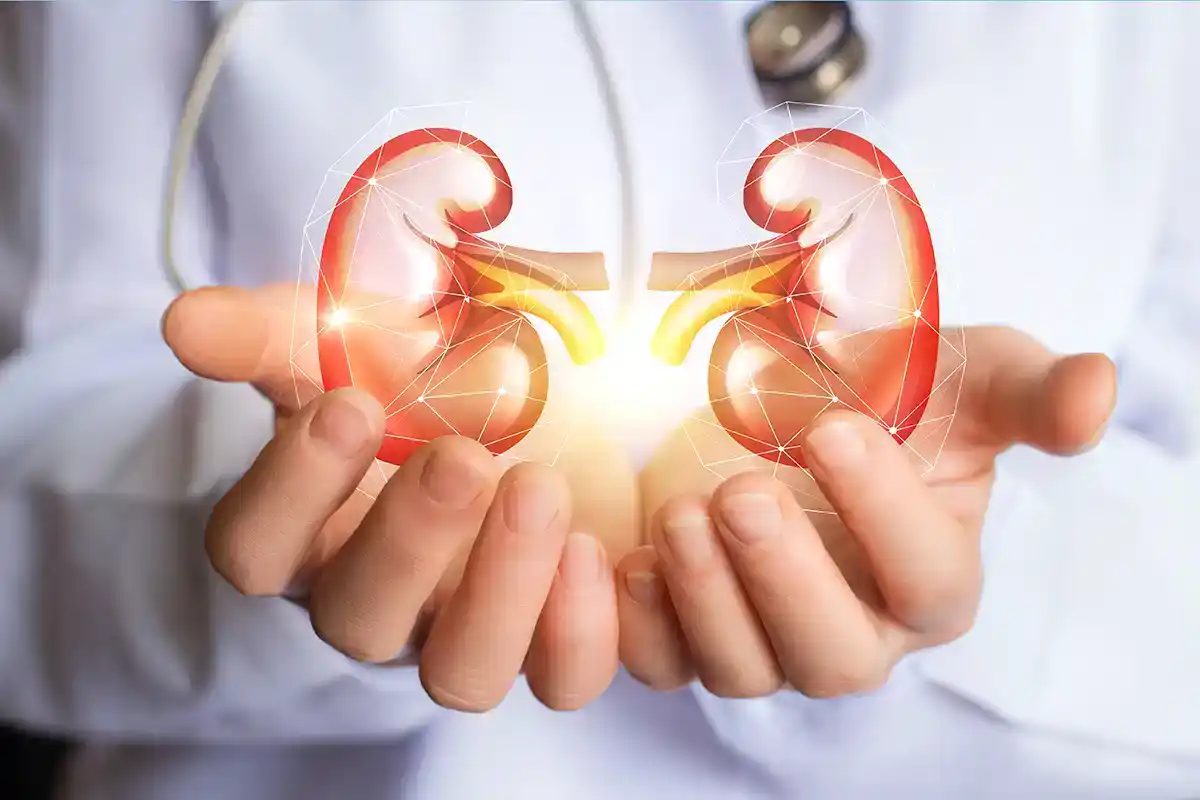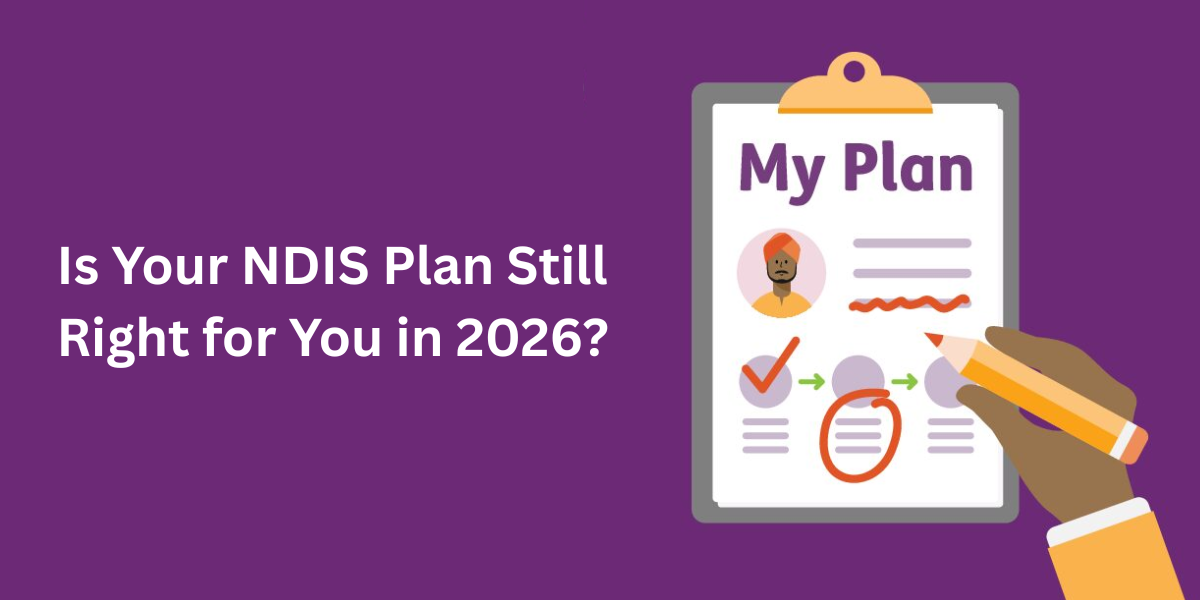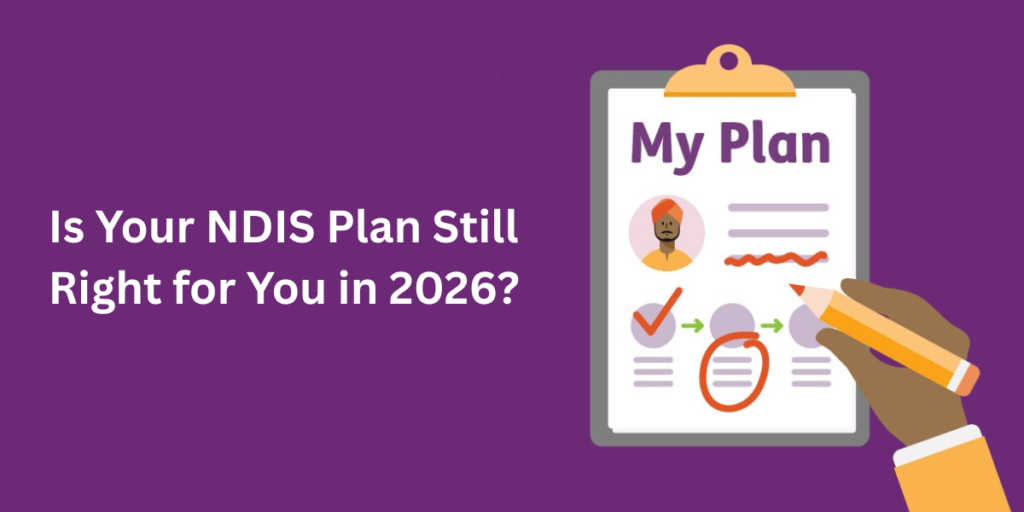We don’t usually think about our kidneys until something goes wrong. But learning how to keep kidneys healthy is easier than you think. With a few small daily habits, kidney failure prevention can start right now before problems even show up.
All you need to know about kidney failure
In Australia, more than 1.7 million adults show signs of chronic kidney disease. About 26,000 people need dialysis or a kidney transplant to stay alive. In 2022, kidney disease was linked to over 21,800 deaths, around 11% of all deaths in the country.
Your kidneys are in your lower back, on both sides of the spine. They help balance fluids, remove waste and keep certain substances in check through urine.
Kidney failure means the kidneys can’t filter waste from the blood anymore. It’s the last stage of chronic kidney disease. Without dialysis or a transplant, survival becomes very difficult.
In the early stages, kidney problems often don’t show any clear signs. Because we have two kidneys that support each other, the damage can go unnoticed for a long time. Many people only find out when it’s already serious, making treatment harder and increasing the risk of dangerous complications, even death.
Common signs include:
- Peeing less than usual
- Swollen feet or ankles
- Feeling short of breath
- Chest pain or pressure
- Feeling very tired or sleepy
- Poor appetite, feeling sick or throwing up
- Losing weight
- Itchy skin
- Muscle cramps (especially in the legs)
- Seizures
- Passing out or going into a coma
- Anemia (less common)
The importance of kidney failure prevention
Early prevention has a significant positive impact on kidney failure by delaying or even preventing the progression of chronic kidney disease. But kidney failure is a “silent killer”, many people don’t realize their kidneys are in trouble until it’s too late. Here’s why it often goes unnoticed for so long:
Your body covers for weak kidneys
In the early stages, your body quietly adjusts. Other organs, especially the liver, step in to help filter waste and balance chemicals. But this only works for a while. The liver can’t fully replace what the kidneys do, so things slowly get worse.
The signs are easy to overlook
Itchy skin, swollen legs or protein in your pee can be early signs of kidney problems. But many people think it’s just allergies or poor blood flow. Feeling tired, sick, or having puffy eyes can also be ignored because they seem like stress or not sleeping well.
The problem may start somewhere else
Kidney failure can be caused by things like high blood pressure, diabetes or using painkillers like ibuprofen for too long. Diabetic kidney disease is the most common cause and it often shows no symptoms for years.
Kidney tests don’t get enough attention
During checkups, most people look at cholesterol, blood sugar or liver function. Kidney tests like creatinine or GFR often get missed unless there’s already a problem. That delay can make it harder to catch and treat kidney issues early.
Practical tips for kidney failure prevention
- Manage other health conditions well: Diabetes and high blood pressure raise the risk of kidney failure. So it’s important to monitor them closely and follow your treatment plan.
- Be careful with over-the-counter medicine: Taking high doses, even of common drugs like aspirin, ibuprofen or naproxen can quickly overload your kidneys with toxins.
- Maintain a healthy weight: Being overweight increases your chances of getting conditions like diabetes and high blood pressure, which can harm your kidneys.
- Eat a healthy, balanced diet: Go for foods low in sugar and cholesterol, and add more fiber, whole grains, fruits, and veggies to your meals.
- Cut back on salt: Eating too much salt raises blood pressure, which can lead to kidney damage.
- Drink enough water: When you’re dehydrated, less blood flows to your kidneys, which can cause damage. Make sure to stay hydrated based on your body’s needs.
- Limit alcohol: Alcohol can raise blood pressure and lead to weight gain from extra calories.
- Exercise regularly: Physical activity helps lower stress, manage diabetes and blood pressure, and keep your weight in check. Choose what works best for you, like swimming, walking, or light jogging.
- Reduce stress: Ongoing stress and anxiety can raise your blood pressure, which isn’t good for your kidneys.
Take care of your body now so your kidneys don’t pay the price later. Small changes today can go a long way in kidney failure prevention. At LOTUS, your trusted NDIS provider Gold Coast, we offer friendly, stress-relieving activities that bring joy and support better health every day. Come join us for a brighter day and a healthier you!













